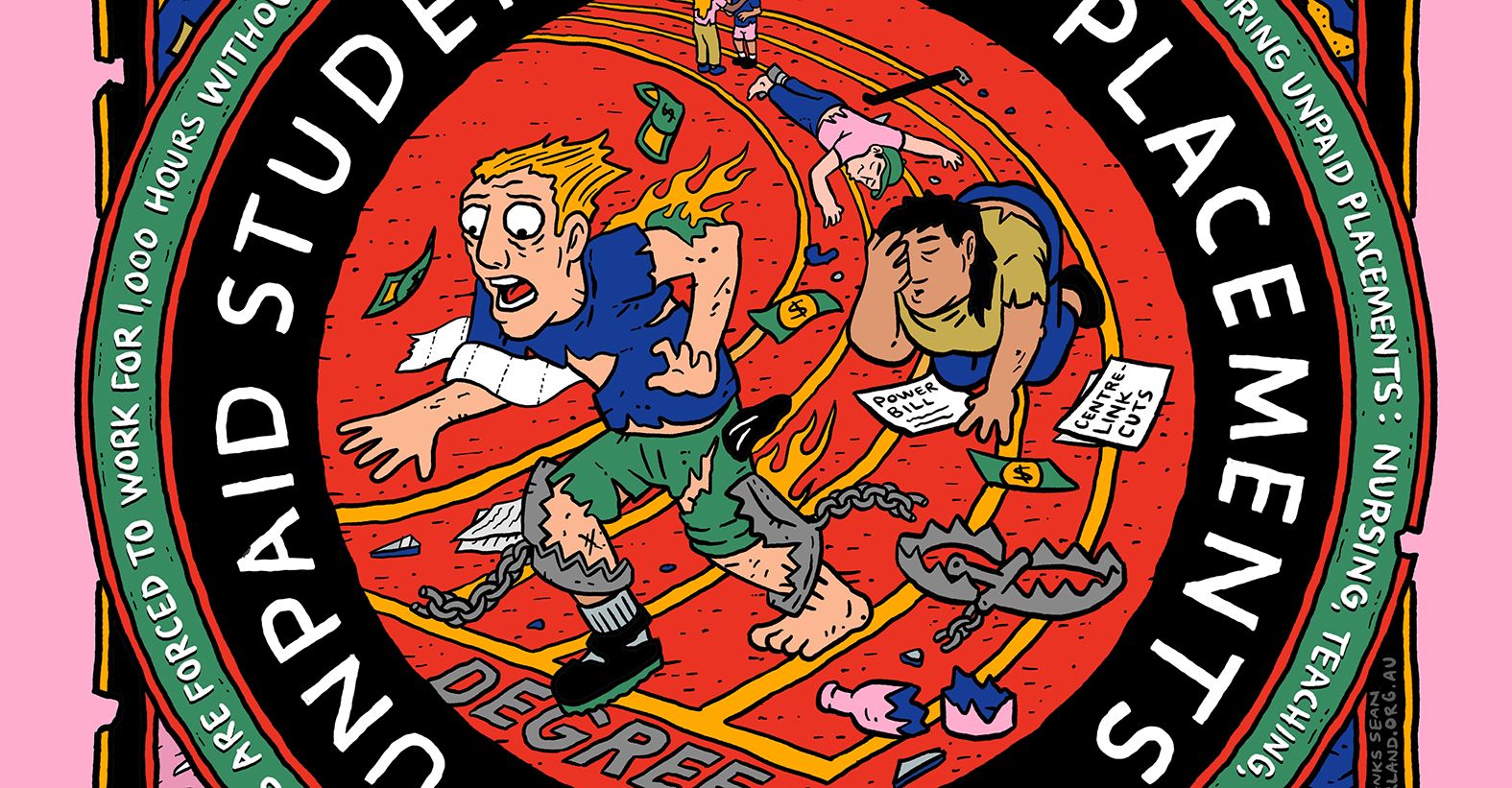Conservative commentator Miranda Devine sparked controversy on social media again recently when she suggested that expanding domestic violence leave would encourage false reporting from malingering workers. ‘Divvie the new sickie. Another Union rort,’ she tweeted. Devine was reigniting the argument from her Daily Telegraph article where she argued that ‘feminist ideologues’ were overstating the prevalence of domestic violence and that injured or traumatised victims should just use their sick leave entitlements. Yet again Devine rails against feminist collectivist calls for social justice and social responsibility, putting the responsibility back on individual women: ‘there’s not much that a free society can do if women insist on making bad choices.’
This kind of attitude is part of the reason why most incidents of domestic violence go unreported – victims are afraid of being further victimised, judged, blamed, or that they will not be believed.
In reality, it is difficult for feminists or anyone else to overstate the domestic violence epidemic in this country. By now most of us are familiar with the horrific facts; we know that on average, a woman is killed by her partner, or former partner, every week in Australia, and we know that one in six Australian women has experienced physical abuse by a current or former partner.
Approaches to domestic violence that blame the victim for ‘bad choices’ are not helpful: they overestimate the agency available to Australia’s most vulnerable women, who often have very limited life choices and chances through no fault of their own. This is particularly evident in the employment market, where women are already disadvantaged: they still earn less than men, are less likely to be promoted, and more likely to experience time pressures, stress and sexual harassment.
It is important that gender and class-based disadvantages are not further compounded by violence in the home or a lack of understanding and support at work. Indeed, pushing women out of employment makes them more at risk of experiencing domestic violence.
It is also self-defeating for employers not to recognise and promote the importance of the health and wellbeing of all employees. At last count, the total cost of domestic violence in this country was estimated in excess of $8 billion, due to, for example, costs associated with health services, lost productivity, moving costs, defaulting on personal debts and damaged property.
There is some positive news however. Progressive employers of choice for women (including some Australian universities) are introducing Domestic and Family Violence Support to their workplace policies and procedures. USQ employees, for example, now have access to a period of special leave, in addition to their other leave entitlements, for attending medical or counselling appointments; attending legal proceedings; seeking safe housing; organising care for children and any other activity related to experiencing domestic or family violence. Employees may also request flexible working arrangements when they are managing such a situation, or if they are supporting a family member who is experiencing domestic violence. Progressive employers are also trialling workplace professional development programs which increase awareness and provide information on domestic violence issues.
Especially important in this age is the option for victims of digital abuse to request the removal of their contact details, such as their email or location, from public-access work websites. The evidence is gathering that more women are being exposed to new levels of cyber stalking and online harassment. A 2015 national study into women’s technology safety found 98 per cent of domestic violence workers had clients who had experienced technology-facilitated stalking and abuse. Practitioners described perpetrators abusing victims on the social media platform Facebook, sending large numbers of threatening text messages, and the use of cheap but sophisticated GPS tracking devices to stalk victims. Technology-facilitated domestic violence also includes using online social networking platforms like Facebook to monitor, track and harass the children, friends and family members of victims. Such pervasive abuses of trust further isolate victims from their social supports, especially where victims are compelled to close down or withdraw from social media altogether. These feelings of isolation can be in part addressed (or at least not exacerbated) when women feel supported and protected in their place of work.
Adequate training is also necessary for a workplace culture shift; supervisors, for instance, need to ensure they do not intentionally or unintentionally discriminate against employees who take Domestic Violence Leave. As recent social media debates show, there is still a great deal of misunderstanding and misogyny circulating in our wider community, and feminists like Clementine Ford have highlighted the everyday misogynistic hate speech and violence on social media platforms.
Ford has pointed to memes depicting women tied up and beaten, gender hate speech which is excused as ‘humour’, and Facebook groups filled with victim-blaming comments about sexual and domestic violence – all of which suggests we still have a long way to go in changing harmful attitudes toward women in this country.
Workplaces, and public-sector workplaces in particular, need to be leading the charge in changing attitudes by allocating resources, time and training to facilitate real change, for individuals and for the community as a whole. Moreover, the federal government must further attend to its workplace policies if it wishes to live up to its own publicity about encouraging respect for women.
We like to think we are an enlightened, postfeminist society, but in reality it still takes real courage for a domestic violence victim to come out to her employer, especially in such lean and mean economic times where steady and reliable jobs are difficult to find and hold. In a neoliberal society, where it is often assumed everyone should be productive, disciplined and ‘in control’ of their lives, especially at work, it can be embarrassing and risky to admit you do need help.
The reality is that domestic violence can happen to anyone and, while some women are more vulnerable than others, it is not something a woman chooses. We each have a social and moral responsibility not to ‘turn a blind eye’ to abuse, or turn away from victims of intimate violence. If someone you work with is under extreme stress, anxious when answering their phone, guarded about their contact details or has difficulty concentrating, it is possible domestic violence has followed them into the workplace. It is important not to silence victims through judgement, but rather to ask if they are okay and let them know they don’t need to face a complex situation alone. On a broader level, this must be part of a wider project to foster workplace cultures where trust, respect, empathy and kindness is the norm – where work is a safe place to be.



